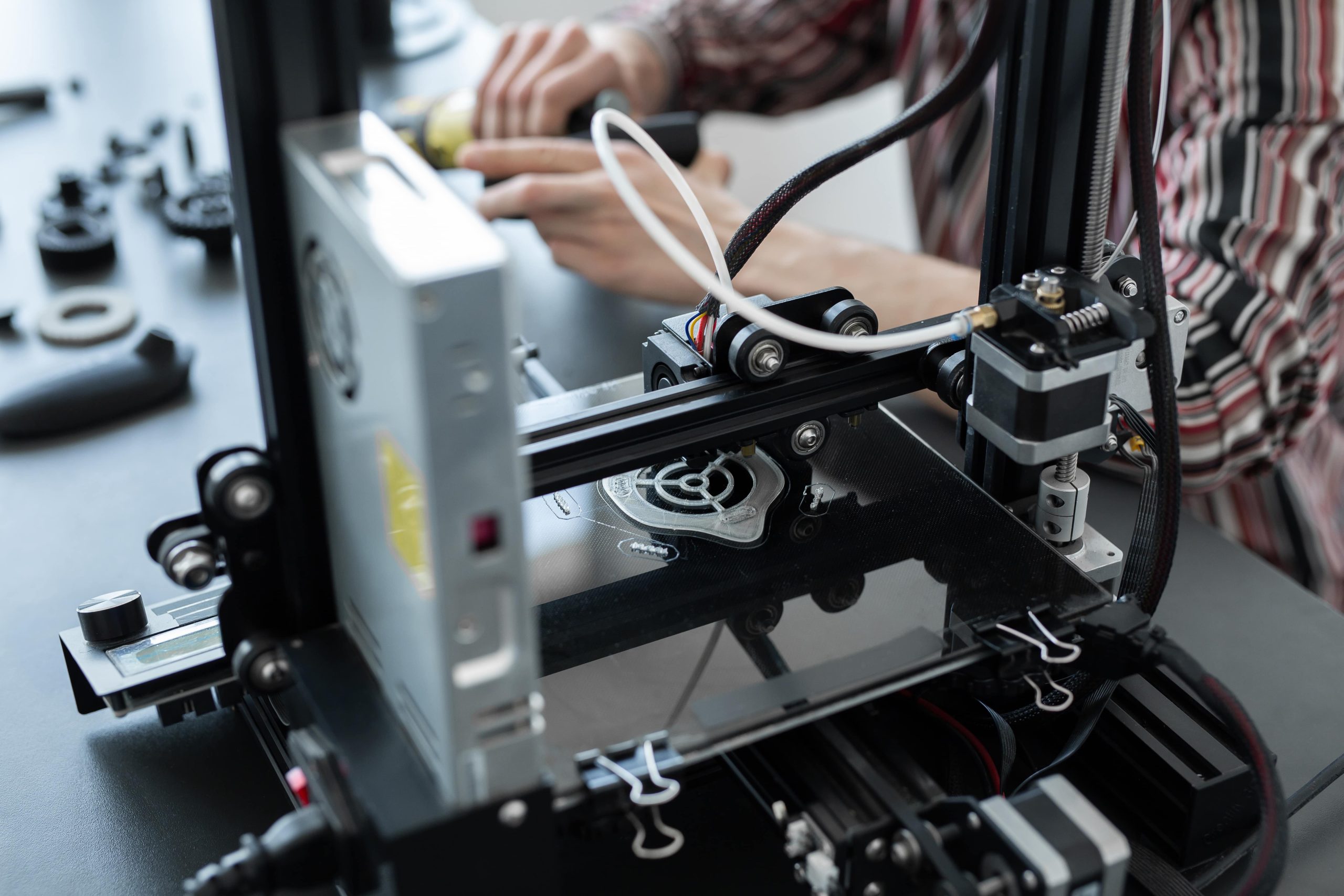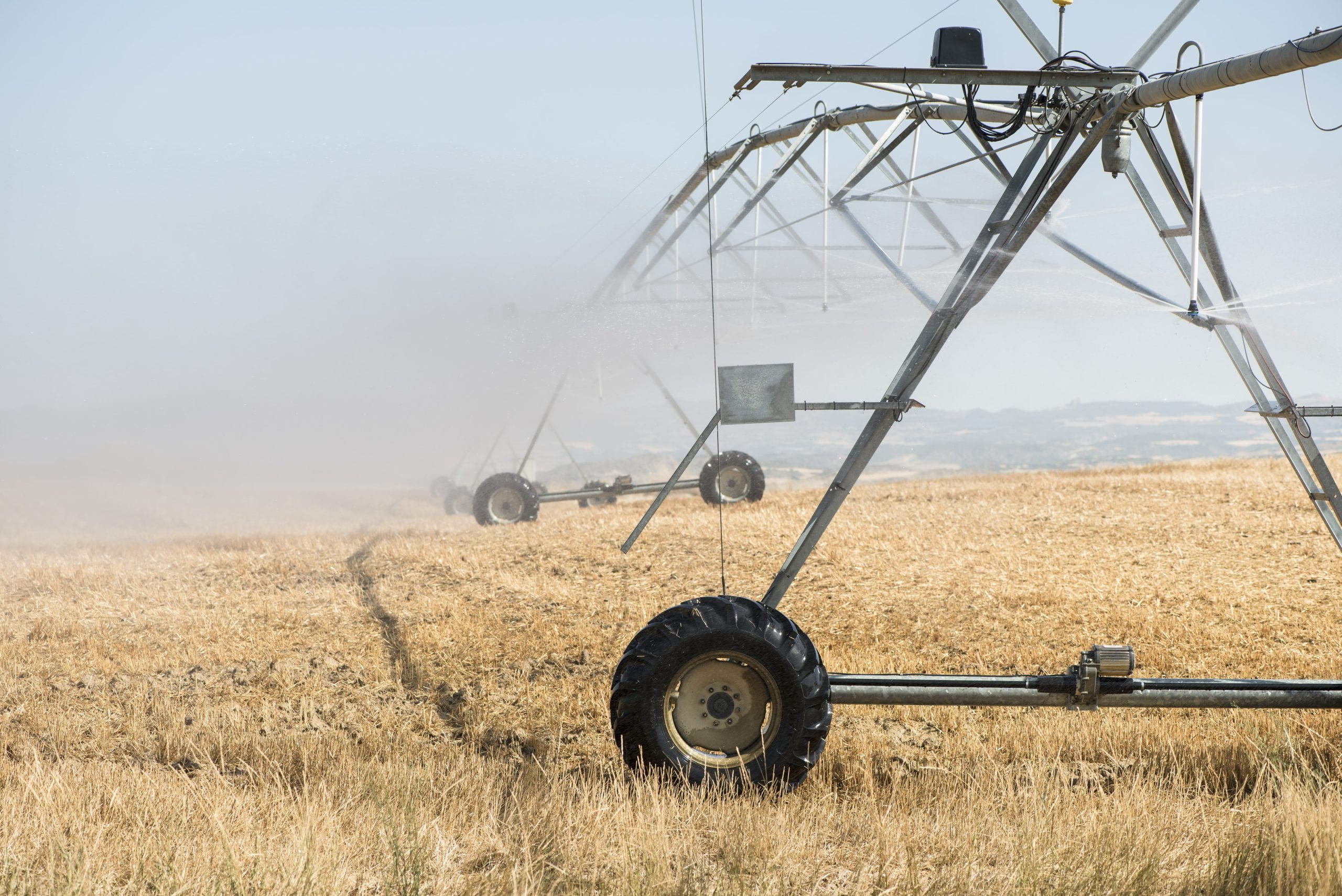Metal Fabrication in Agriculture
The applications of metal fabrication in industries like mining and medicine are well-known, however fabrication also has a huge role to play in the agriculture industry. It is a crucial aspect of modern agriculture that enables farmers to increase efficiency and productivity. From customizing machinery to improving the durability of tools, metal fabrication has numerous benefits for the agricultural industry. In the field of agricultural mechanization, there have been significant advances such as precision agriculture and autonomous tractors. In this post, we will explore the different processes involved in metal fabrication and how they can positively impact the agricultural industry.
New Fabrication Technologies in Agriculture

With manufacturing companies becoming increasingly environmentally conscious and farmers become more demanding of high efficiency machines, new technologies are starting to gain popularity, not just in agricultural machinery manufacturing, but across all manufacturing industries. Some of these new technologies are:
- Additive Manufacturing (3D Printing): This is a process in which three-dimensional objects are built up layer by layer from a digital model, allowing for the creation of complex shapes and structures. This process is being used in the production of small and lightweight parts for tractors and other agricultural machinery.
- Robotic Welding: This is a process in which a robot is used to perform welding tasks, improving efficiency, and reducing the risk of human error. This process is commonly used in the production of large, complex agricultural machinery components.
- Hydroforming: This is a process in which a metal tube is placed inside a die and then subjected to high pressure to form it into a complex shape using pipe fabrication. This process is being used in the production of high-strength and lightweight structural components for tractors and other agricultural machinery.
- Composite Material Processing: This is a process in which composite materials, such as fiber-reinforced plastics, are molded and shaped into complex components. This process is being used in the production of lightweight, corrosion-resistant components for tractors and other agricultural machinery.
Applications of Fabrication in Agriculture

There are several common applications of metal fabrication in the agriculture industry, as follows: –
- Tractors: Tractors are widely used in Australian farming for a variety of tasks, such as ploughing, cultivations, planting, and harvesting. They are also used to power a variety of implements, such as tillage equipment, cultivators, and mowers.
- Combine Harvesters: Combine harvesters are used for the simultaneous harvesting of crops such as wheat, barley, and canola. They cut and thresh the grain, separating the grain from the straw.
- Sprayers: Sprayers are used to apply fertilizers, herbicides, and pesticides to crops. There are both ground-based and aerial sprayers available, depending on the type of crops and the size of the farm.
- Hay Balers: Hay balers are used to make bales of hay and silage, which are then stored for use in pressure vessels as animal feed. Round balers and square balers are the two most common types of hay balers used in Australia.
- Irrigation Equipment: Irrigation equipment, such as center pivot irrigation systems and drip irrigation systems, are used to supply water to crops in areas where rainfall is insufficient.
Conclusion

Metal fabrication has revolutionized the agricultural industry in countless ways, from improving the efficiency and productivity of farming operations to enhancing the durability and longevity of equipment. Custom metal fabrication enables farmers to design and build machinery and tools that are specific to their needs, offering cost-effective solutions that can improve crop yield and quality. The use of advanced techniques such as CNC machining has further expanded the possibilities for custom metal fabrication in agriculture. It is clear that metal fabrication will continue to play a critical role in the agricultural industry for years to come!

